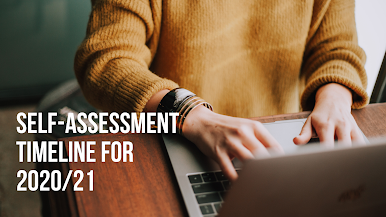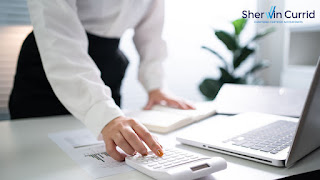Do I have to complete a Self Assessment tax return if I have no tax to pay?
As we highlight above, you have a legal obligation to submit a tax return if HMRC have asked you to and they have not cancelled or withdrawn that requirement. This is regardless of your circumstances.
If HMRC has not asked you to file a tax return for a year, then you might have a separate legal duty to notify them that you are liable to income tax, capital gains tax, or Class 2 or 4 National Insurance so that they can issue you with a tax return to complete, or otherwise collect the amounts due to some other way. However, there are a number of exceptions to this obligation to notify – for example, where all of your income was taxed under PAYE and you had no chargeable gains.
GOV.UK has a tool whose aim is to tell you if you need to send a Self Assessment tax return to HMRC. For example, if you are self-employed and have a turnover of more than £1,000 then the tool states that you need to send HMRC a tax return. However, there is a view that the legal requirement to notify HMRC of liability to income tax, capital gains tax or Class 2 or 4 National Insurance cannot apply if there is no liability – in other words, where you do not owe anything to HMRC. This is a different view to HMRC’s position set out in the GOV.UK tool.
In any case, there can be no penalty for failing to notify HMRC of liability to income tax, capital gains tax or Class 2 or 4 National Insurance if there is none, because the penalty is a percentage of the amount owed. For example, you may have gross trading income of £5,000 (with no expenses) in 2020/21 and no other income or gains in a tax year. Although your trading income would exceed the trading allowance, there would be no tax or National Insurance due on this income because it does not exceed the relevant thresholds. In this case there would be no penalty to pay if you did not notify HMRC of your liability to tax and national insurance.
However, there may be an issue if you think there is no tax or National Insurance to pay, but HMRC do not agree – for example, if you have deducted expenses from your income that are not in fact allowable.
In addition, there are a number of reasons why you might wish to complete a return even if you have no tax or National Insurance liability, including:
- in order to pay voluntary Class 2 National Insurance contributions;
- in order to report a trading or capital loss; or
- so that you have evidence of your income or trading status, which may be required for mortgage applications or claims to coronavirus support payments.
It is important to stress that if HMRC have asked you to complete a return, you will still need to complete one in these circumstances – even if you have no tax or National Insurance liability. HMRC are unlikely to agree to withdraw the filing requirement if you clearly meet their own Self Assessment criteria – for example, if your trading income exceeds the £1,000 trading allowance.
How do I register for Self Assessment?
You must usually register with HMRC for Self Assessment by 5 October following the end of the tax year in which the income or gains first arose, otherwise penalties may be applicable.
If you have reported property disposal within 30 (or 60) days, you may still need to register separately for Self Assessment.
See Where can I find more information or get help? for links to how to register online.




Comments
Post a Comment